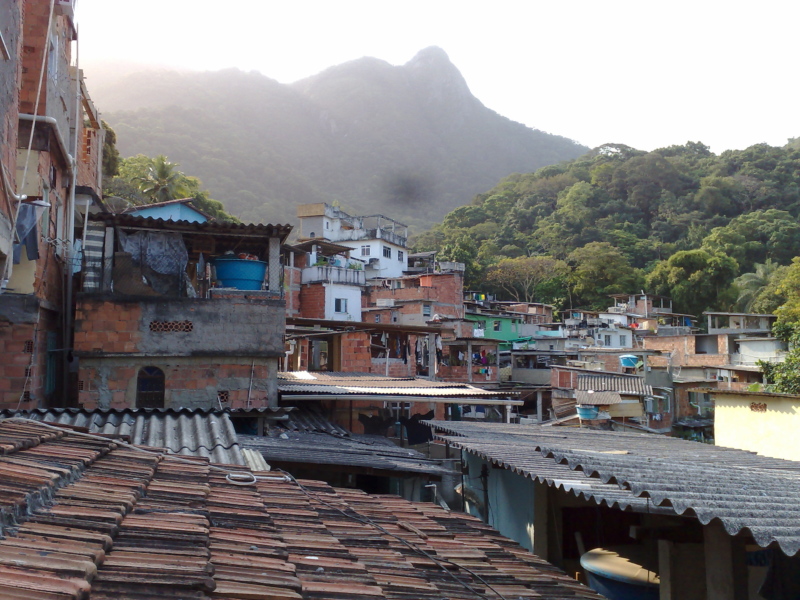Measuring Discrimination: Race and Data in Brazil
Though racial equality is improving in Brazil, there is significant room for progress.
Fiscal policy played an important role in reducing poverty and inequality in Brazil (Higgins and Pereira, 2014) over the last fifteen years, but how much redistribution and poverty reduction is being accomplished across ethnic groups? How was the ethno-racial divide affected by fiscal policy? We estimate the effects of taxes and social spending on inequality and poverty among ethnic groups using household survey. We find that direct transfers have similar effects on inequality across ethnic groups, but the reduction is larger for pardos after adding the monetized in-kind benefits (health and education). However, the income ratio between whites and non-whites is virtually unchanged. Poverty is reduced after direct transfers, but the reduction is higher for whites despite the prevalence of poverty is at least twice as high among pardos, blacks, and indigineous. The positive effects on poverty is tempered by a deleterious effect from indirect taxes. In addition, per capita transfers are on average higher for whites and benefits can twice as large as those for non-whites. Fiscal interventions did not have a significant impact in reducing the divide between whites and non-whites in Brazil
To read The Impact of Reforming Energy Subsidies, Cash Transfers, and Taxes on Inequality and Poverty in Ghana and Tanzania, click here.
To read Measuring the Redistributive Impact of Taxes and Transfers in the Presence of Reranking, click here.
Though racial equality is improving in Brazil, there is significant room for progress.
Este livro traz uma reflexão sobre as desigualdades raciais contidas nos indicadores de escolarização da população brasileira. Na verdade, dentro do atual estado-da-arte do debate sobre o tema dos indicadores educacionais de nosso país já existe uma plena compreensão sobre as pronunciadas assimetrias presentes em termos do acesso e permanência…
When President Luiz Inacio Lula da Silva left office in January 2011, Brazil was widely regarded as Latin America’s gold standard for economic development and social progress. But today, with his handpicked successor, Dilma Rousseff, facing an impeachment trial, the country is viewed as an economic failure.
 Paula Le Dieu / Flickr / (CC BY 2.0)
Paula Le Dieu / Flickr / (CC BY 2.0)
